Centuries before the 1928 discovery of penicillin, people around the world used natural remedies to beat infections. Now researchers are investigating and rediscovering their healing powers. If you are ill, you may also need prescription drugs. Always consult your doctor if you notice any unusual symptoms and discuss any natural remedies you plan to use.
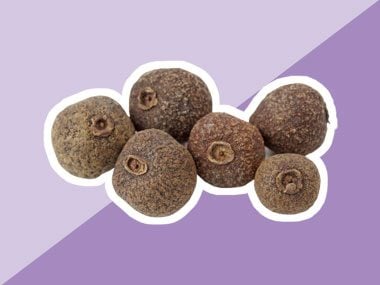
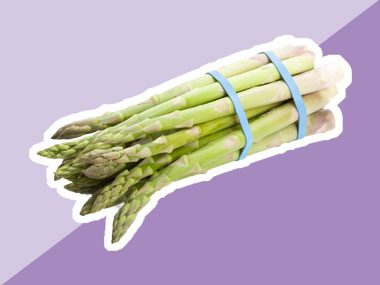
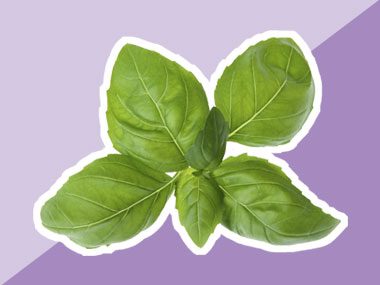
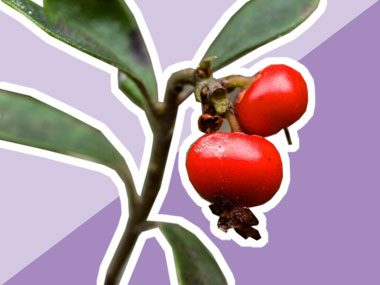
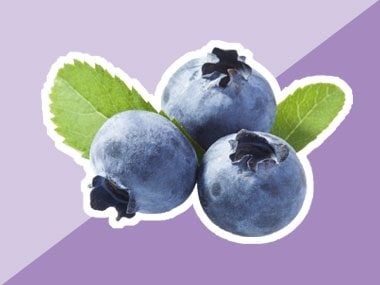
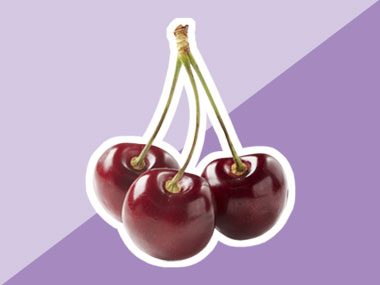
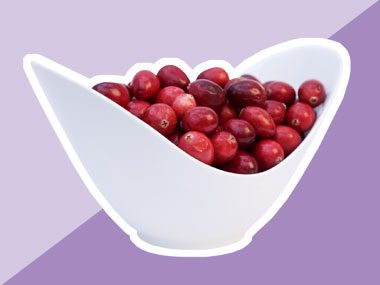

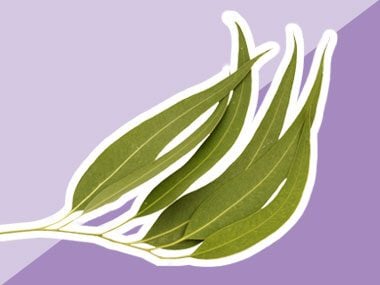
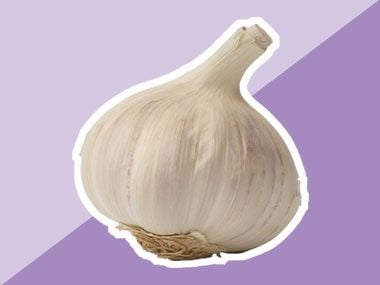
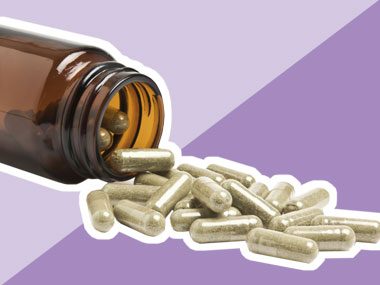
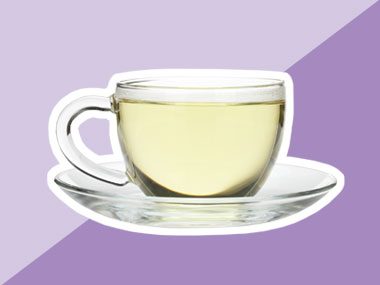
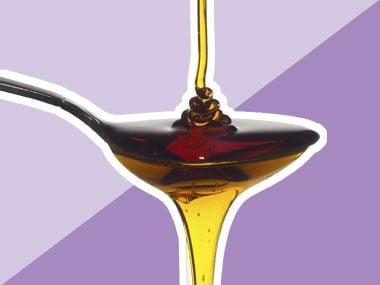
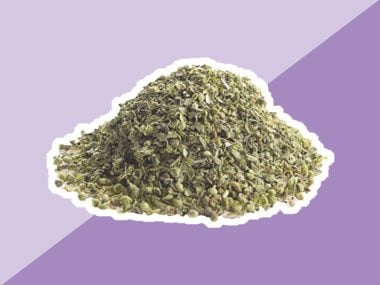
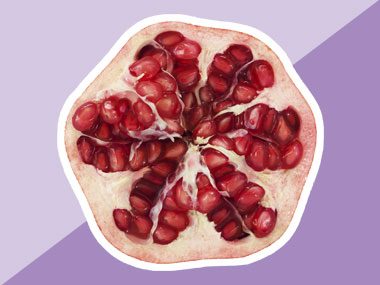
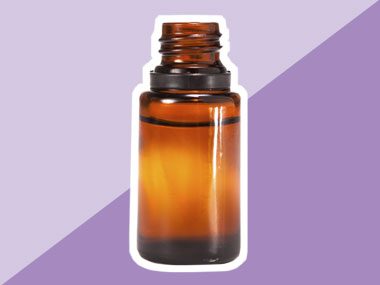
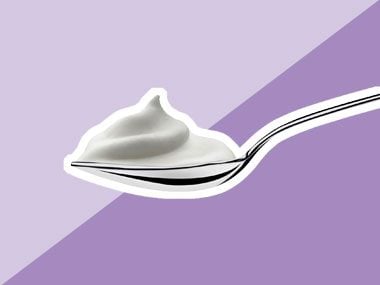
Allspice

This spice can help to keep bacteria from multiplying in food. It is excellent in Caribbean and Asian dishes.
Asparagus

Asparagus extract boosts the numbers and activity of white blood cells to protect against a range of bacteria, including E. coliand Staphylococcus aureus (MRSA).
Basil

The leaves and seeds of this aromatic herb, which reached the West from India over 2,000 years ago, have antibacterial properties. Use it in cooking or apply basil oil to wounds.
Bearberry

Arctostaphylos uva ursi, a plant that grows in Europe, Asia, and North America, contains a compound that combats urinary and intestinal infections. It is available as capsules and tincture.
Blueberries

These small fruits contain compounds that counter E. coli infections. Their tannins inhibit bacterial growth and prevent bacteria from sticking to the cells lining the urinary tract. The highest concentration of tannins is found in blueberry juice.
Cherries

Black cherry juice blocks bacterial activity that leads to the formation of dental plaque, helping to prevent gum disease.
Cranberries

Native to North America, these berries contain compounds that prevent E. coli bacteria from taking hold in the urinary tract. Concentrated extract or undiluted juice is most effective.
Echinacea

This American Indian remedy derived from the purple coneflower plant stimulates the process by which bacteria are destroyed by white blood cells. It is usually taken as a tincture.
Eucalyptus

Aromatic leaves from this common Australian tree are rich in eucalyptol. This powerful antibacterial is used in the form of an inhalation to treat respiratory infections or applied externally to prevent infection in wounds.
Garlic

Rich in the antibacterial compound allicin, garlic has been used since ancient times to treat potentially fatal diseases and ward off sepsis in wounds. Use raw or in cooking or take garlic capsules.
Goldenseal

Long used by American Indians to treat infections, this plant contains the alkaloid berberine, which attacks bacteria and boosts the immune system.
Green tea

This contains polyphenols, key antimicrobial agents that disrupt the metabolism of bacteria, preventing them from multiplying.
Honey

Its antibacterial properties help to prevent wound infection. The most potent type is manuka honey, traditionally used by New Zealand’s Maori people. It can even combat the antibiotic-resistant Staphylococcus aureus (MRSA).
Oregano

This easy-to-grow herb is rich in essential oils that possess antibacterial properties. Over-the-counter ointments that contain oregano extract are available to treat wound infection.
Pomegranate

When mixed with vitamin C and iron salts to make an ointment, pomegranate rind kills Staphylococcus aureus (MRSA) microbes. The juice, as the ancient Chinese knew, helps prevent infection of the mouth and gums.
Tea tree

Used externally, oil from this native Australian plant, an ancient remedy for skin and wound infections, has strong antimicrobial properties.
Yogurt

The “good” bacteria in live yogurt stimulate the production of white blood cells, which then attack invading microorganisms.
No comments:
Post a Comment